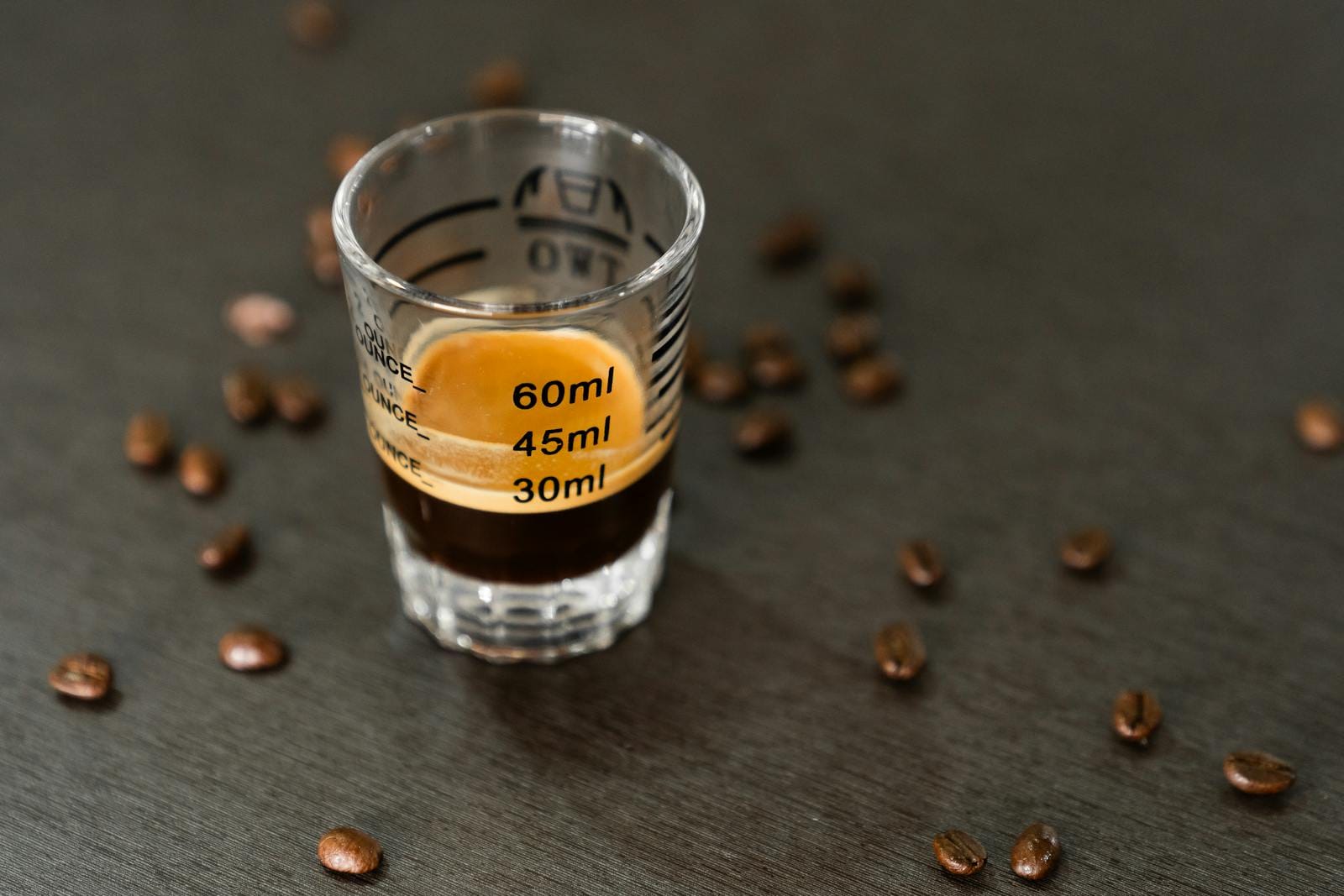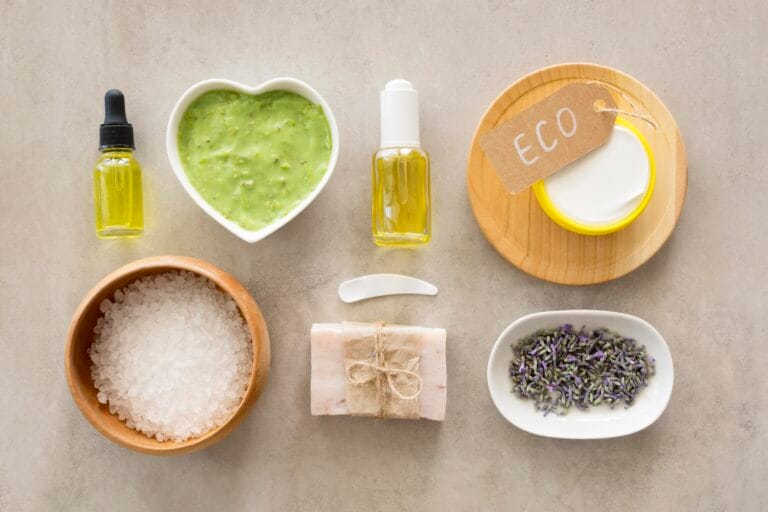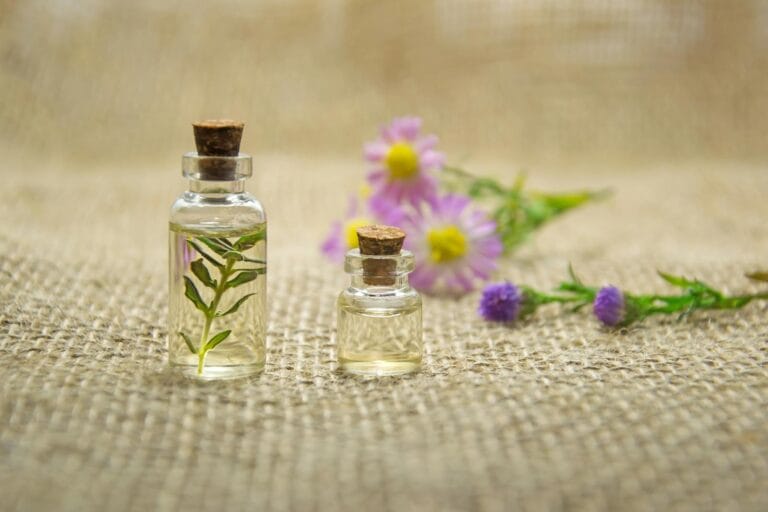
Understanding the Active Ingredient Caffeine in Cosmetics

Caffeine is an alkaloid compound commonly found in coffee, tea, and other soft drinks. It is known as a mild stimulant of the central nervous system, absorbed in the stomach and small intestine before being carried through the bloodstream. While the effects of caffeine on the human body are well understood, its mechanism of action in cosmetics has not been fully elucidated.
Given the increasing use of coffee and caffeine in various cosmetic products, it is important to understand how caffeine works to improve skin appearance and hair condition.
- Benefits of Caffeine for Health and Cosmetics
- The Active Ingredient Caffeine in Hair Care Products
- BPOM Regulations on the Active Ingredient Caffeine in Cosmetics
Benefits of Caffeine for Health and Cosmetics
The ability of active compounds in cosmetics or pharmaceuticals to influence cellular metabolism and other processes in the skin largely depends on their capacity to penetrate the skin barrier. Caffeine is often used as a hydrophilic model compound in skin penetration studies. Interestingly, caffeine’s ability to penetrate the skin is not significantly affected by occlusion or skin thickness.
Coffee extract offers a variety of benefits, making it widely used in cosmetic formulations. The caffeine it contains helps stimulate metabolic processes, supports detoxification, reduces puffiness around the eyes, enhances lymphatic drainage from adipose tissue, boosts capillary blood circulation, and has anti-cellulite effects. Additionally, caffeine promotes lipolysis and helps release excess fat from adipocytes by reducing their size.
The polyphenol content in coffee is known for its antioxidant properties, which protect the skin from UVB exposure and neutralize free radicals. Therefore, this compound is frequently included in sunscreens, anti-wrinkle, and anti-aging products. Caffeine also helps increase local blood flow, allowing more oxygen and nutrients to reach skin cells.
As a result, the skin appears firmer and more refreshed. This firming effect is partly due to localized dehydration, as caffeine draws fluid out of the cells—but this effect is temporary.
The Active Ingredient Caffeine in Hair Care Products
Caffeine is also used in hair care for its ability to slow down hair loss and stimulate hair growth. It works by inhibiting the effects of dihydrotestosterone (DHT), a hormone that shrinks hair follicles and causes hair thinning, thereby helping to reduce hair loss. Additionally, caffeine improves blood circulation in the scalp, delivering more oxygen and nutrients to the hair roots, which in turn stimulates the metabolic activity of hair follicle cells and accelerates new hair growth.
BPOM Regulations on the Active Ingredient Caffeine in Cosmetics
The regulation of caffeine use in cosmetics has been evaluated by several scientific and regulatory bodies, including the Cosmetic Ingredient Review (CIR), the Food and Drug Administration (FDA), and Indonesia’s National Agency of Drug and Food Control (BPOM). According to these authorities, caffeine is safe for use in topical cosmetic products, and no maximum concentration limit has been officially set. However, formulators and manufacturers are still responsible for ensuring product safety and efficacy on the skin.
Generally, the effects of caffeine are more noticeable when applied topically for skin treatment purposes, as oral consumption does not provide a high enough concentration of caffeine in the skin layers. These biological properties make caffeine a valuable active ingredient in various cosmetic products. New findings on the biological activities of this alkaloid may further expand its applications in the fields of cosmetology and dermatology.
To achieve this, more research is needed to determine optimal dosage and effective delivery systems to ensure proper skin penetration. Caffeine isn't just a popular ingredient; it's a biologically active compound with significant potential to enhance the performance of cosmetic products. To ensure its benefits are truly proven and safe for use, each formulation must undergo accurate and verified laboratory testing.
Trust the testing of your active cosmetic ingredients to IML Research, a trusted laboratory to ensure the safety, effectiveness, and regulatory compliance of your products.
References:
Herman, A., & Herman, A. P. (2013). Caffeines Mechanisms of Action and Its Cosmetic Use. Skin Pharmacology and Physiology, 26(1), 8–14.



